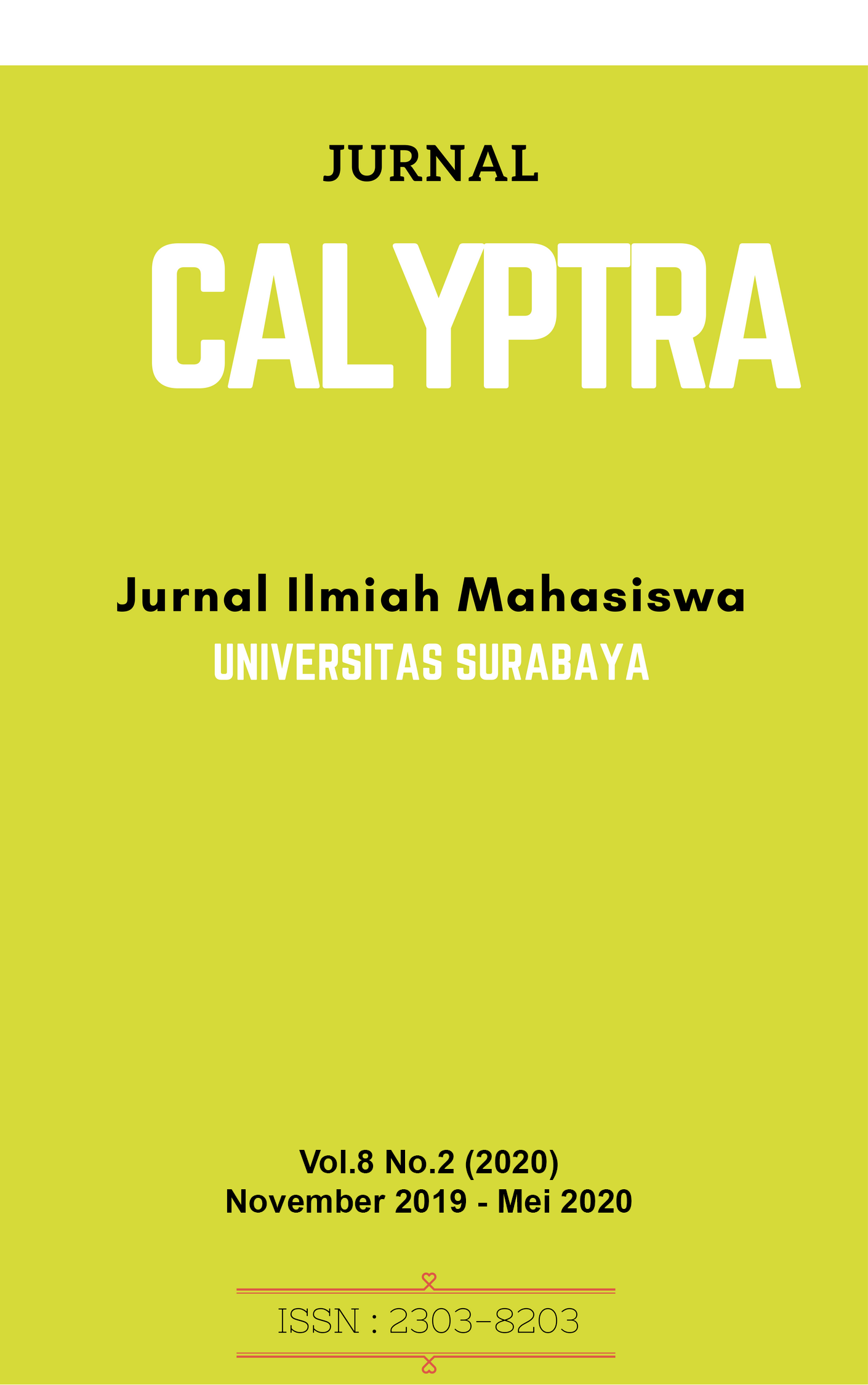Keputusan Perempuan Menikah Untuk Bekerja: Sebuah Studi Backward Bending Of Labor Supply
 Abstract Views:
316 times
Abstract Views:
316 times
 PDF Downloads:
931 times
PDF Downloads:
931 times
Abstract
Abstract - In the current global era, working women is not surprising, especially for women with families. Various reasons become the basis for a woman to work. Economic development makes the needs increase, the number or quantity of women workers is increasing. The descriptive qualitative analysis approach of exploration with the triangulation method in this study aims to find out the reasons for women to continue working or not after marriage. The data collected is primary data from the results of semi-structured interviews with three parties, namely married women who work in the banking, non-banking industries, and housewives. The results of this study indicate that married women who decide to work are based on reasons to help the family economy. When given a higher salary offer with the consequence of increased work hours, women workers do not take the offer. In accordance with the backward bending of labor supply theory (Eisenhauer, 2014), that working hours respond positively to wage increases to a certain level, further increases in wages encourage a reduction in the hours desired by labor.
Keyword: Backward Bending of Labor Supply, Decision, Married Woman, Working
Abstrak - Pada era global saat ini, perempuan bekerja bukanlah hal mengejutkan, terlebih untuk perempuan berkeluarga. Berbagai alasan menjadi dasar bagi seorang perempuan untuk bekerja. Perkembangan ekonomi membuat kebutuhan semakin bertambah, jumlah atau kuantitas pekerja perempuan semakin meningkat. Pendekatan analisis kualitatif deskriptif eksplorasi dengan metode triangulasi dalam studi ini bertujuan untuk mengetahui alasan apa yang menjadi dasar perempuan untuk tetap bekerja atau tidak setelah menikah. Data yang dikumpulkan merupakan data primer dari hasil wawancara secara semi-terstruktur dengan tiga pihak, yaitu perempuan menikah yang bekerja di industri perbankan, non-perbankan, dan ibu rumah tangga. Hasil penelitian ini menunjukkan bahwa perempuan menikah yang memutuskan untuk bekerja didasari oleh alasan untuk membantu perekonomian keluarga. Ketika diberikan tawaran gaji yang lebih besar dengan konsekuensi jam kerja yang ditambah, perempuan pekerja tidak mengambil tawaran tersebut. Sesuai dengan teori backward bending of labor supply (Eisenhauer, 2014), bahwa jam kerja merespons secara positif terhadap kenaikan upah hingga ke tingkat tertentu, peningkatan lebih lanjut dalam upah mendorong pengurangan jam-jam yang diinginkan tenaga kerja.
Kata Kunci: Backward Bending of Labor Supply, Bekerja, Keputusan, Perempuan Menikah
Downloads
References
Eisenhauer, J. G. (2014). Labor Supply with Friedman-Savage Preferences. Studies in Economic Finance, 31(2), 186-201. doi:http://dx.doi.org/10.1108/SEF-08-2012-0095
Green, C. D. (2000). A Theory of Human Motivation. Classics in The History of Psychology. Ontario, Toronto: Pcyshological Review. Diambil kembali dari http://psychclassics.yorku.ca/Maslow/motivation.htm
Indriani, M. (2016). Peran Tenaga Kerja Indonesia dalam Pembangunan Ekonomi Nasional. Gema Keadilan, 3. Diambil kembali dari https://ejournal2.undip.ac.id/index.php/gk/article/view/3644
Komariah, S. (2006). Laporan Akhir Kompendium. Badan Pembinaan Hukum Nasional, Departemen Hukum dan HAM, Jakarta.
Saira AJAZ, B. M. (2015). Impact of Work Family Conflict on Female Intent to Quit: Descriptive Study of Commercial Banks of Faisalabad, Pakistan. International Journal of Academic Research in Accounting, Finance and Management Sciences, 5, 74-83. doi:10.6007/IJARAFMS/v5-i4/1847
Simorangkir, E. (2019). Mau Jadi Negara Maju, RI Perlu Tingkatkan Angkatan Kerja Perempuan. Diambil kembali dari detikFinance: https://finance.detik.com/berita-ekonomi-bisnis/d-4634383/mau-jadi-negara-maju-ri-perlu-tingkatkan-angkatan-kerja-perempuan
Sustika, I. (2018). Rumah adalah Istana Terindah Bagi Wanita Untuk Berkarya. Diambil kembali dari womanpreneur-community.com: http://womanpreneur-community.com/blog/rumah-adalah-istana-terindah-bagi-wanita-untuk-berkarya/
Zulfanetti, J. (2016). Analisis Kondisi dan Proyeksi Ketenagakerjaan di Provinsi Jambi. Jurnal Perspektif Pembiayaan dan Pembangunan Daerah, 3.
- Articles published in CALYPTRA are licensed under a Creative Commons Attribution-ShareAlike 4.0 International license. You are free to copy, transform, or redistribute articles for any lawful purpose in any medium, provided you give appropriate credit to the original author(s) and the journal, link to the license, indicate if changes were made, and redistribute any derivative work under the same license.
- Copyright on articles is retained by the respective author(s), without restrictions. A non-exclusive license is granted to CALYPTRA to publish the article and identify itself as its original publisher, along with the commercial right to include the article in a hardcopy issue for sale to libraries and individuals.
- By publishing in CALYPTRA, authors grant any third party the right to use their article to the extent provided by the Creative Commons Attribution-ShareAlike 4.0 International license.



